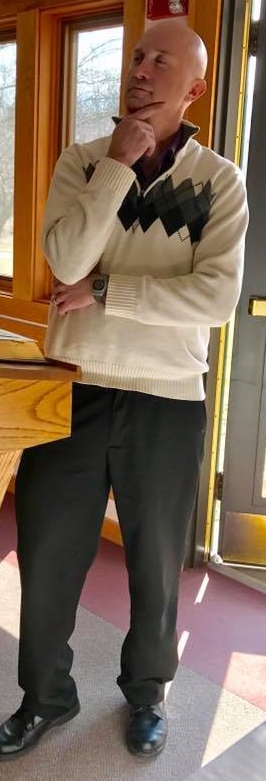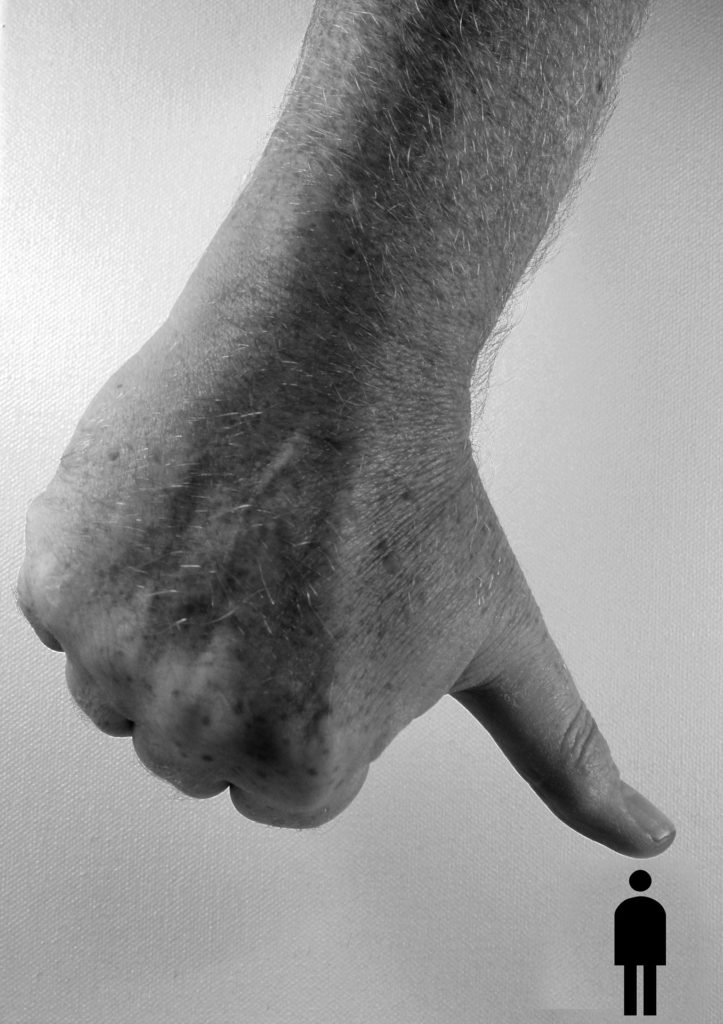
In my last post about keeping kids safe I made reference to parental CONTROL.
Today I want to explore the topic of CONTROL more fully because the way you wield it will not only affect your lifelong relationship with your kids but also their long-term well-being.
Let’s begin by defining the word.
CONTROL
[kuh n-trohl] verb (used with object), controlling.
1. to exercise restraint or direction over; dominate; command.
As the authorities of the home, parents certainly have a God-given right and responsibility to exert control over their kids. Control is a critical component of nurturing, especially since kids are born weak, without the ability to take care of themselves or exercise sound judgement.
We’ve all seen kids who are “out of control” and wondered where their parents were!
But I want us to give some thought to the amount of control that parents should exert over their kids during the course of their kid’s childhood. I’ve observed that many parents overextend their use of control or aren’t willing to relinquish it.
Recently in my Bridgehaven parenting class we charted out what an ideal amount of parental control ought to be for developmentally normal kids over the course of 20 years.
Here’s what we came up with…
 You’ll note that for the first year or so, it seems the parent has zero control — indeed the child controls the parents! The baby cries: the parent feeds him. The child poops: and the parent rushes to change the diaper! Like it or not, that’s how it works!
You’ll note that for the first year or so, it seems the parent has zero control — indeed the child controls the parents! The baby cries: the parent feeds him. The child poops: and the parent rushes to change the diaper! Like it or not, that’s how it works!
But before long, the parent begins to exercise a high amount of control over the kids. In fact, the parent is now controlling almost every thing in the child’s world: what he wears, where she goes, who and what he can play with, what she can touch, etc. This of course is necessary because the child has no filters to make such decisions.
Now let’s fast forward–in our minds–to the day that child will leave for college. (Keep in mind that we’re talking about developmentally normal kids.) How much control should the parent still be asserting? I say almost none!
Think about it –by this time in their journey our kids should be able to function almost completely apart from parental control. When they graduate from high school they ought to be well on their way to be managing their own lives: their health, their friends, their finances, their choices, their education, their hygiene, their sleep habits, their decision making, their church involvements, their workload, etc. with little –if any–parental controls in force.
But sadly, that’s not how it works in many homes. Out of worry and fear some parents maintain a high level of control all throughout the teen years. Then they send their kids off to college where the kids suddenly find they are without any parental control at all. They love it — free at last! But those unfortunate kids are the ones who will naturally misuse their newfound freedom, running up credit card debt, partying their freshman year away, accumulating baggage, and discovering how ill-prepared they really were to manage their own lives.
They’ve had guardrails imposed on them their whole life and consequently they never learned to set their own.
Let’s not do that! As the chart shows, our control over our kids should gradually diminish over time and they should be increasingly taking control of their own lives. No, it won’t be as smooth a curve as I indicated on the chart above — it will zig and zag a bit, based on the responsibility that our kids show as they practice managing their own lives.
But they should be given opportunities for epic failure — better to do it in high school where the stakes are lower and the education is free (for most) and where parents are nearby to help our kids process their life management abilities. If they don’t learn how to set their own guardrails in high school they’ll never be able to do so in college.
Our ultimate goal must be to gradually relinquish our control more and more until they are effectively running their own lives — even if we don’t necessarily like the way they’re running them.
What will this require?
- As they grow older we have to increasingly give them responsibilities.
- Over time we will have to willfully, intentionally, and gradually diminish the things we control.
- We will have to let them experiment with managing their own lives.
- We will need to process their mistakes with them.
Three things that would keep us from relinquishing control.
- Fear. We have to trust God for things we can’t control. It’s as much of a spiritual battle as it is a physical one.
- Discomfort. It’s much more comfortable for us to keep them on our radar and under our control.
- Hard Realities. We know the dangers that are lurking out in the world and we also know our kids’ particular weaknesses and vulnerabilities.
Fear, discomfort, and the hard realities all make us hesitate to relinquish any control–in fact, we’re tempted to increase it. We tend to reign our teenage kids in closer and tighter so we don’t have to worry so much.
But the more control we assert over teenagers, the more likely it is that they will resent us — some for a lifetime. Some will be counting the days until they can legally exit our home and be free of us completely. Ironically, those kids will end up doing the very things our use of control was trying to prevent them from doing in the first place.
Discouraged? Don’t be. Luckily we have a powerful tool in our parenting tool belt that is even greater than control. It’s called INFLUENCE.
We’ll discuss that in my next post…





 Parents have to choose which rules and behaviors will be mandatory in the home and which will be optional.
Parents have to choose which rules and behaviors will be mandatory in the home and which will be optional. Many of you know that for several years I’ve taught a weekly parenting class at Bridgehaven. I love exploring effective parenting principles and techniques with these delightful moms and dads, many of whom are first-time parents!
Many of you know that for several years I’ve taught a weekly parenting class at Bridgehaven. I love exploring effective parenting principles and techniques with these delightful moms and dads, many of whom are first-time parents!
